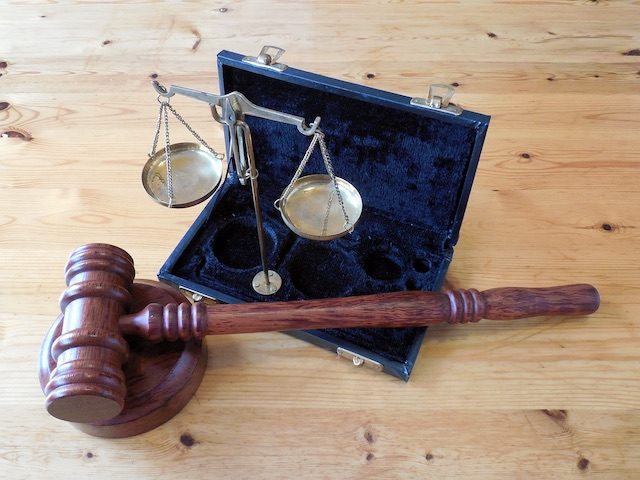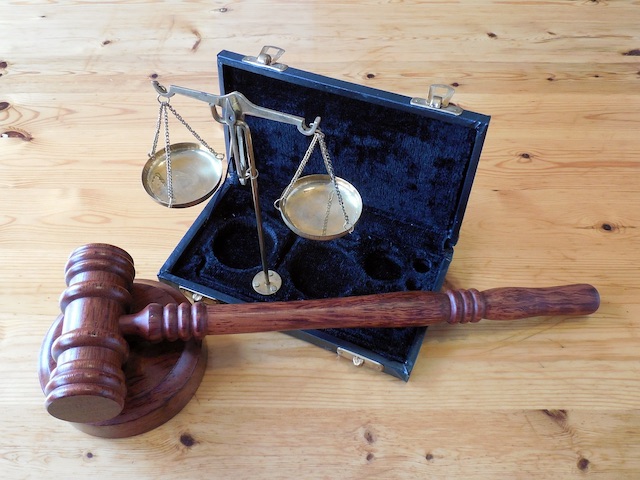
What Is a Subpoena
The Definition of a Subpoena
The term subpoena generally refers to an order from a court or other government agency that requires the person receiving the subpoena to testify or provide evidence related to a case. If a person ignores a subpoena, there may be severe consequences. The term subpoena comes from the Latin phrase sub poena, which means “under penalty.” The party who receives a subpoena is required to comply with it or face penalties for noncompliance.
Subpoena Process
Attorneys issue subpoenas in civil or criminal cases as officers of the court when there is an existing court case and information is being sought by the person who receives the subpoena. If a party is pro se and does not have an attorney, the clerk of the court may issue a subpoena requested by that party. The subpoena generally contains the request for the person to testify at a certain date and time or for that person to produce documents.
Subpoenas are generally part of the discovery process, which is the formal process of gathering information while a case is in progress. While interrogatories and requests for production of documents are lodged against the other party, subpoenas are generally issued to people who are not parties to the case.
Types of Subpoenas
There are several different types of subpoenas, some of which include the following:
Subpoena Duces Tecum
A subpoena duces tecum is a request for the party who receives the subpoena to produce books, documents, records or other physical evidence under his or her control on a specific date and time. For example, an attorney may request that an entity produce copies of its terms of use and other policies in a contract case. In other cases, a party may ask for bank statements or phone records. The party may request that the person or entity who receives the subpoena send documents directly to him or her or even to the court. They can also request the method of sending the evidence, such as through mailing them or emailing them.
Subpoena Ad Testificandum
A subpoena ad testificandum involves giving testimony at the date and time specified in the subpoena. The party sending the subpoena is seeking for the person receiving the subpoena to appear at a given location in order to provide testimony.
Deposition Subpoena
A person may receive a subpoena that requires them to appear at a deposition at the date and time specified in the subpoena. The person receiving the subpoena may also be required to provide copies of business records at the time of the deposition.
Responding to a Subpoena
When a person is served with a subpoena, he or she may have a limited opportunity of time to respond to it. He or she may indicate that he or she is not in possession or control of the information requested in the subpoena. Alternatively, he or she may argue that the subpoena is seeking confidential or privileged information.
An attorney can raise these arguments for the person served with the subpoena. However, a person cannot simply ignore a subpoena. Rather, they must comply with the subpoena, or timely raise any applicable grounds for objecting to it. If he or she does not comply with a subpoena, he or she can be held in contempt. Contempt of court may carry civil or criminal penalties.
Amar Esq. PLLC is a legal practice engaged in the areas of civil litigation and injury law. Visit our website to view the different types of practice areas our firm handles.

